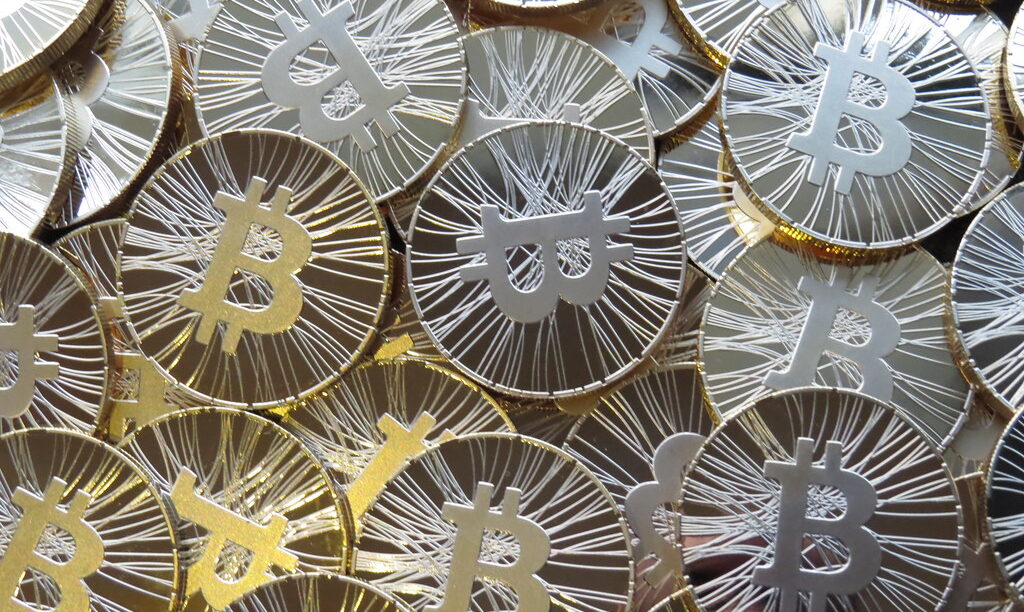Governor of the Czech National Bank (CNB) Aleš Michl recently commented that the Czech National Bank might consider including Bitcoin in its reserves. Is this really a good idea? Should the CNB invest in this digital asset?
The CNB’s main and most important function is to ensure price and financial stability, as required by its constitutional mandate. Unfortunately, however, it has failed to fulfill this mandate in recent years. Let us be clear, however, that the establishment of Bitcoin reserves would not contribute in any way to the fulfillment of this mandate. Nor will it help those proponents who believe that this move will increase the legitimacy of Bitcoin as money.
Central banks hold foreign exchange funds because of the need to intervene in foreign exchange markets. Their goal is to maintain stable exchange rates, usually against major world currencies such as the dollar and the euro (primarily the euro in the case of the CNB). These interventions aim to support the domestic economy, reduce exchange rate risks, maintain a balanced trade balance over the long term, fight inflation, and achieve other macroeconomic objectives. However, bitcoin currently plays no role in these activities, and its ability to influence such processes is minimal if not nil.
Thus, there is no meaningful reason why a central bank should purchase Bitcoin to fulfill its mandate. If such a move does not fulfill the mandate, the CNB should not implement it at all.
Bitcoin proponents, however, often argue otherwise. They point out that the mere consideration of the CNB purchasing Bitcoin would encourage its promotion and adoption by the public. What if the CNB actually bought it and started working with it? But such a move would mainly cause people to “hodl” Bitcoin more in anticipation of its price rising. Such a move would in no way support Bitcoin as a unit of account or as a medium of exchange.
Moreover, it would set a dangerous precedent. If central banks, such as the Fed or the ECB, held large enough reserves in Bitcoin, they could influence its price and independence by their interventions. This would contradict the idea of Bitcoin as a decentralized and uncensorable money.
In sum, requiring the CNB (or even the Fed) to buy Bitcoin makes no sense either from the perspective of a bitcoiner or from the position of a central banker.
Continue exploring:
Trump Declares Juche as America’s Policy Going Forward
Two Decades of Poland’s Membership in European Union – Benefit for Everyone!



